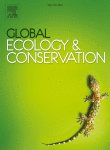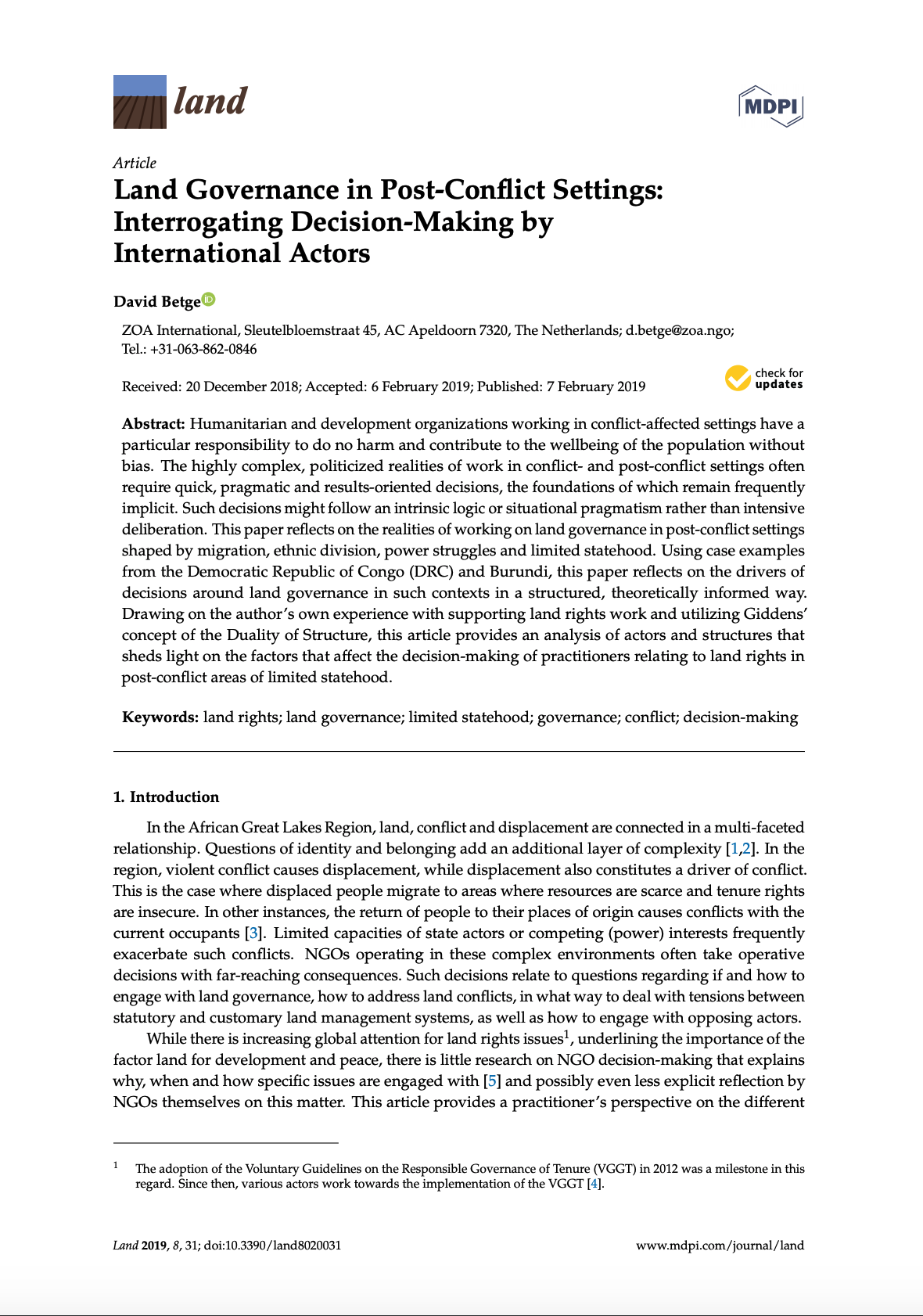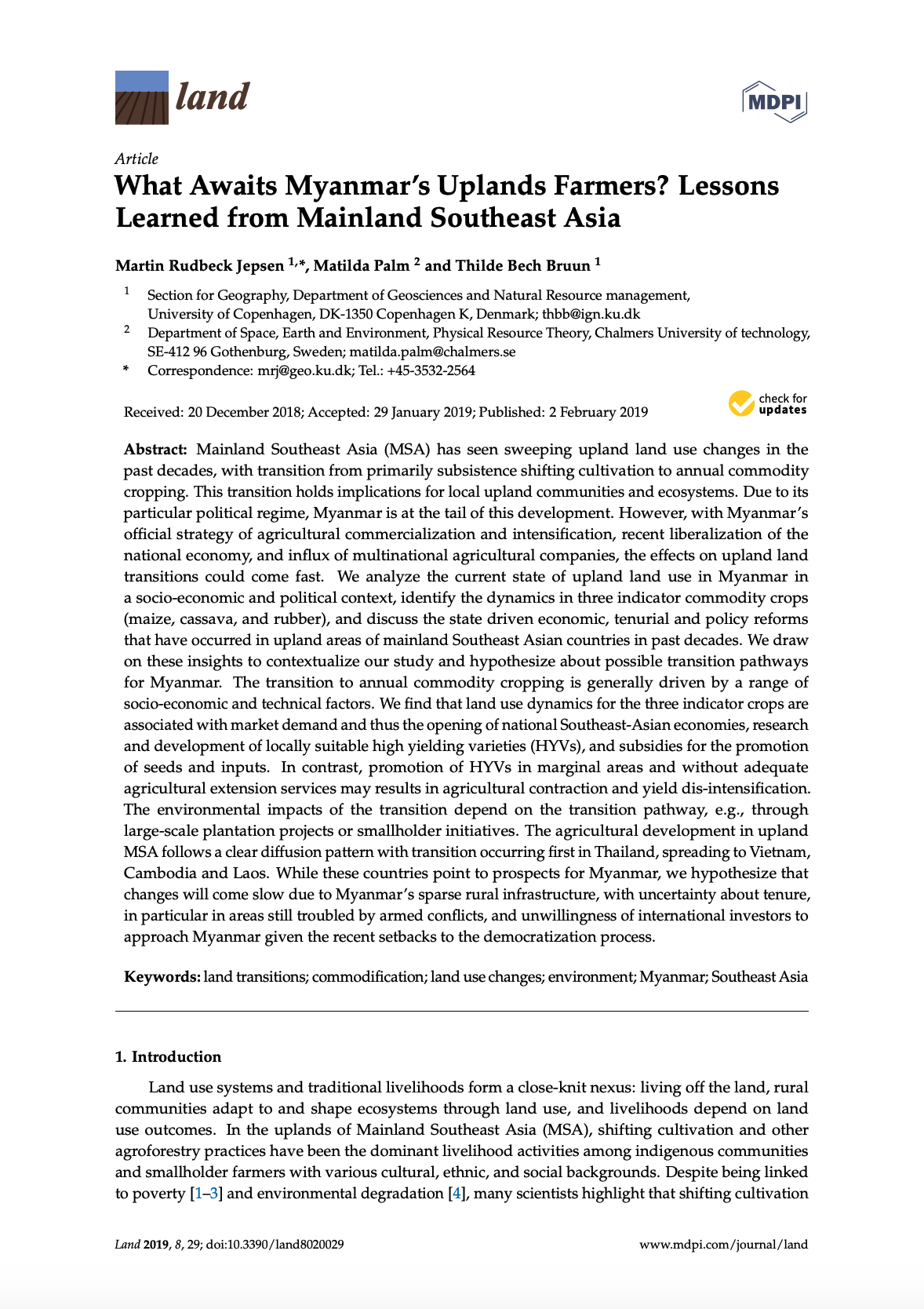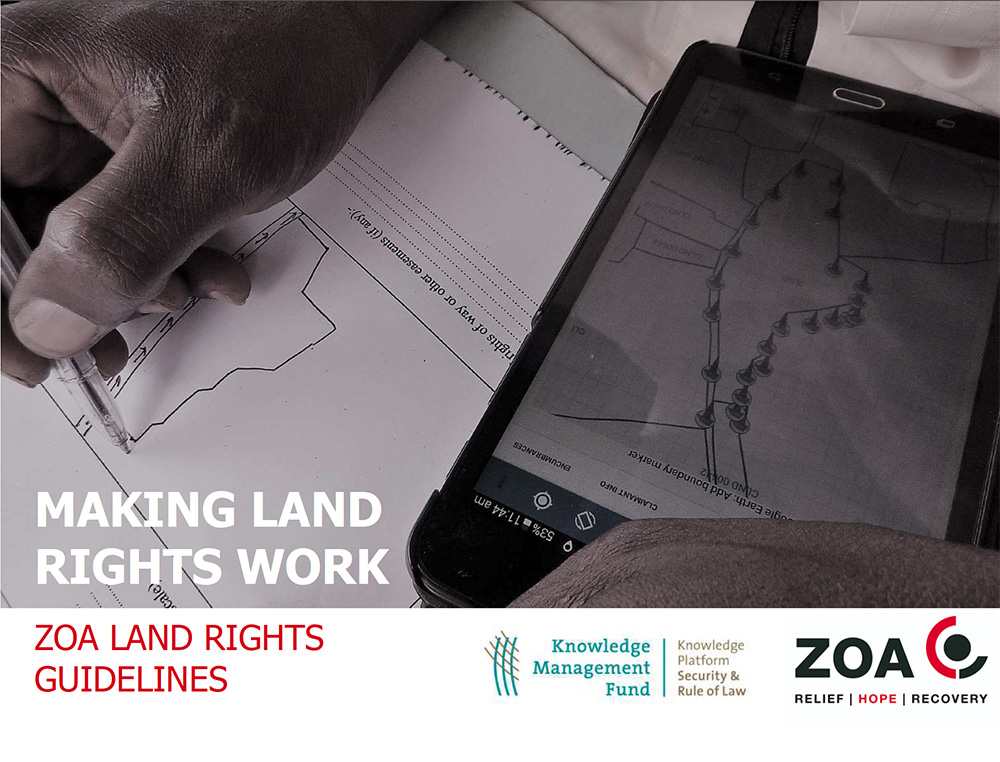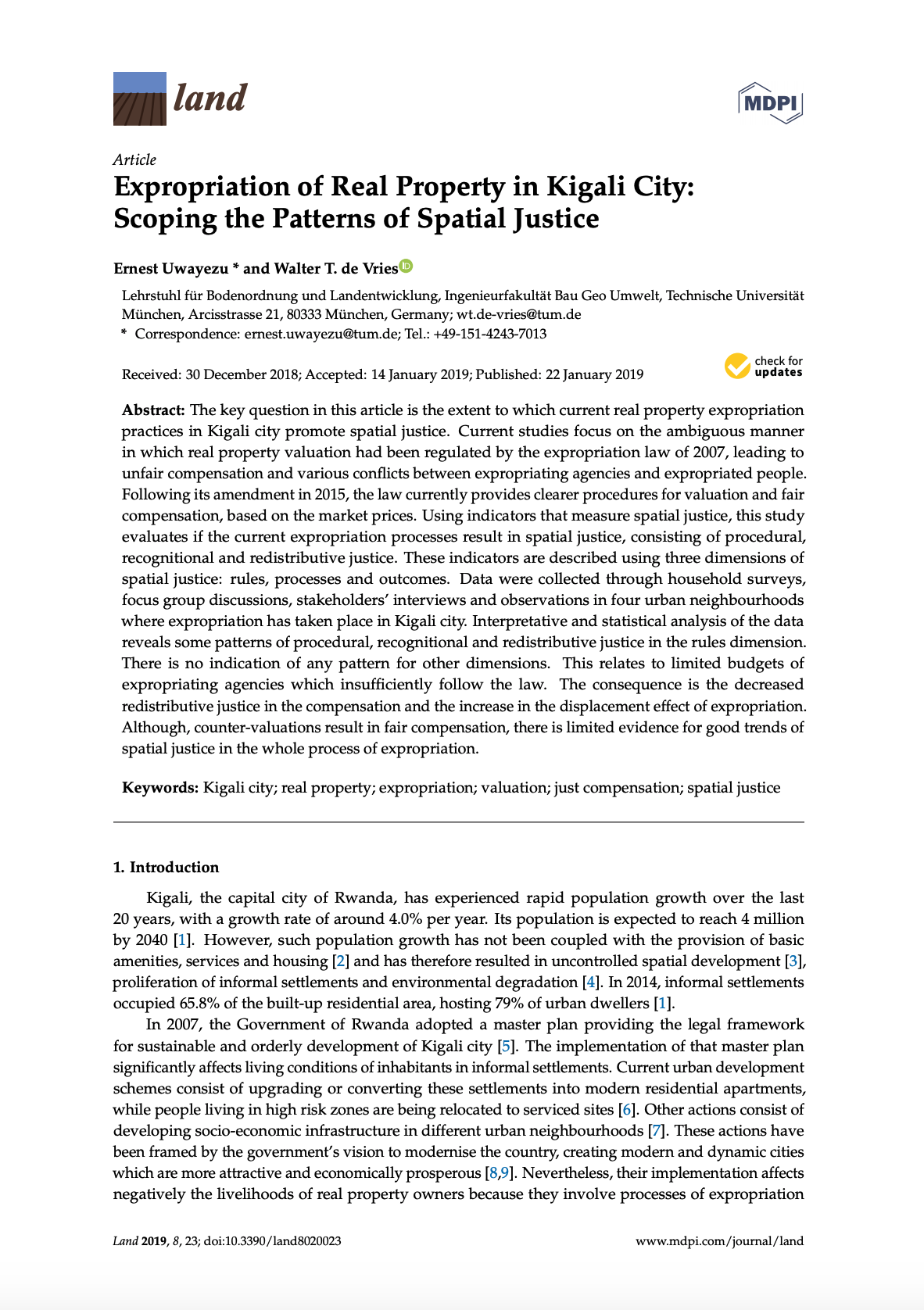Conflictos por el agua en Guanacaste, Costa Rica: Respuestas al desarrollo turístico
En este artículo se explora si los conflictos socioecológicos vinculados a procesos de desposesión por inversiones turístico-residenciales pueden ser analizados desde la perspectiva de la visión que construyen estos sectores de su relación con el turismo. Se analiza el caso concreto de Guanacaste, Costa Rica, donde se ha experimentado una gran intensidad tanto en el desarrollo de la inversión turística como en los conflictos ecológicos por el agua, entre las comunidades rurales y las inversiones en turismo residencial apoyadas por el Estado.





